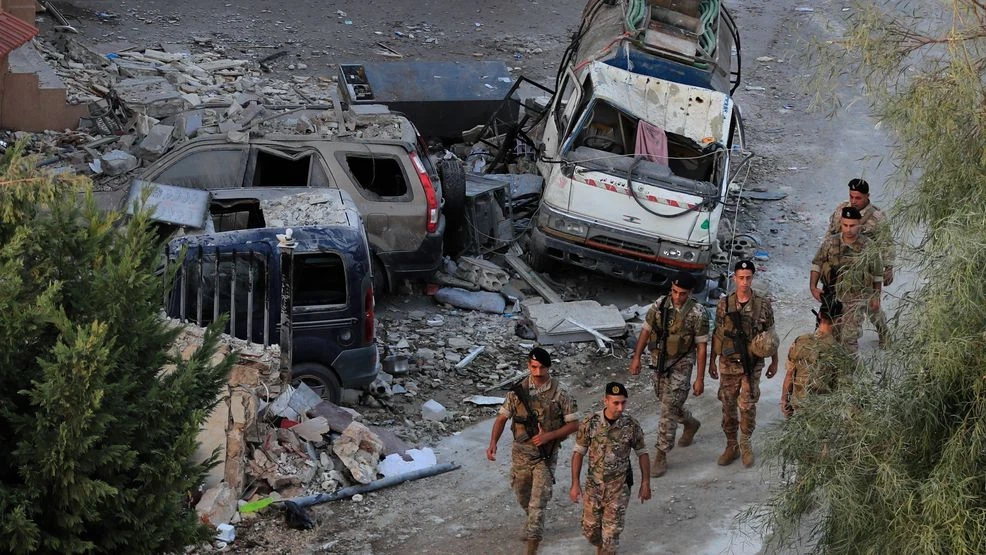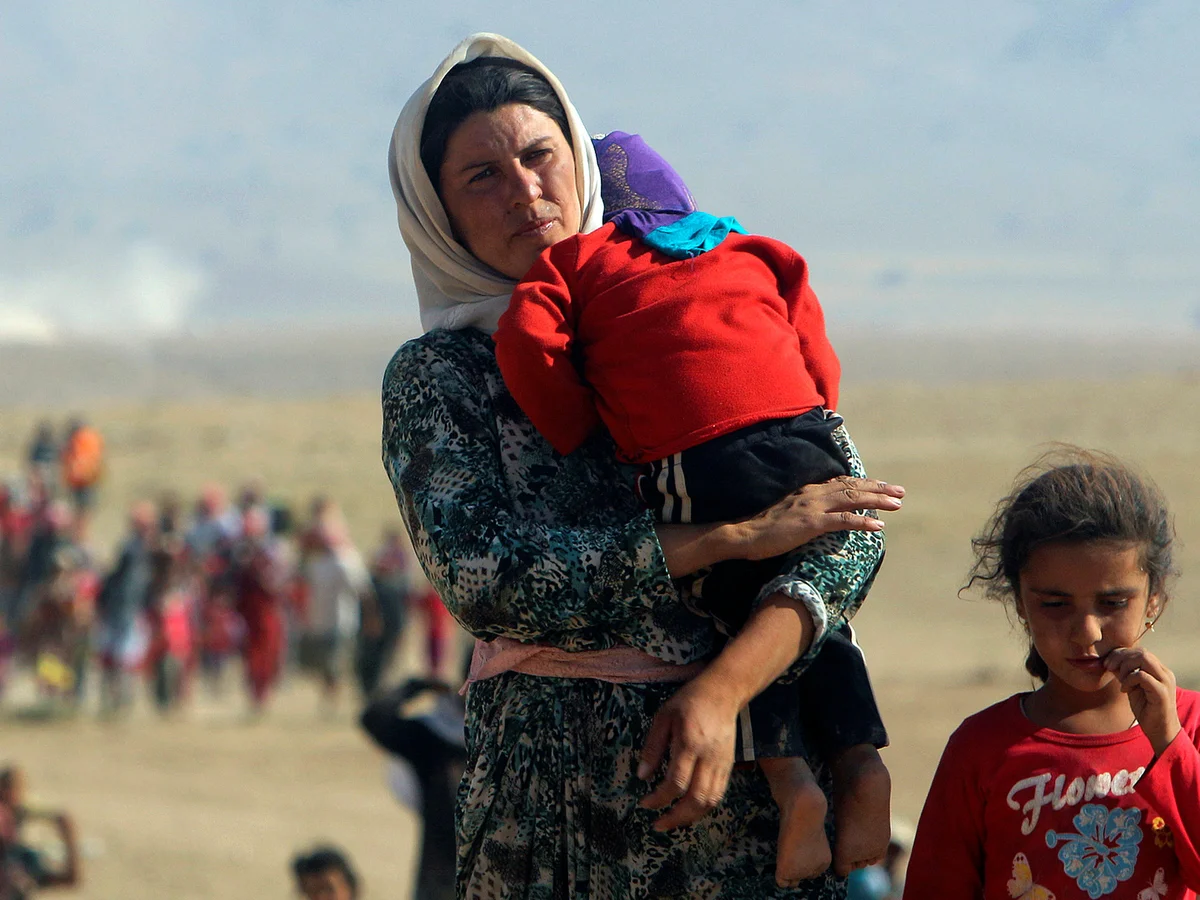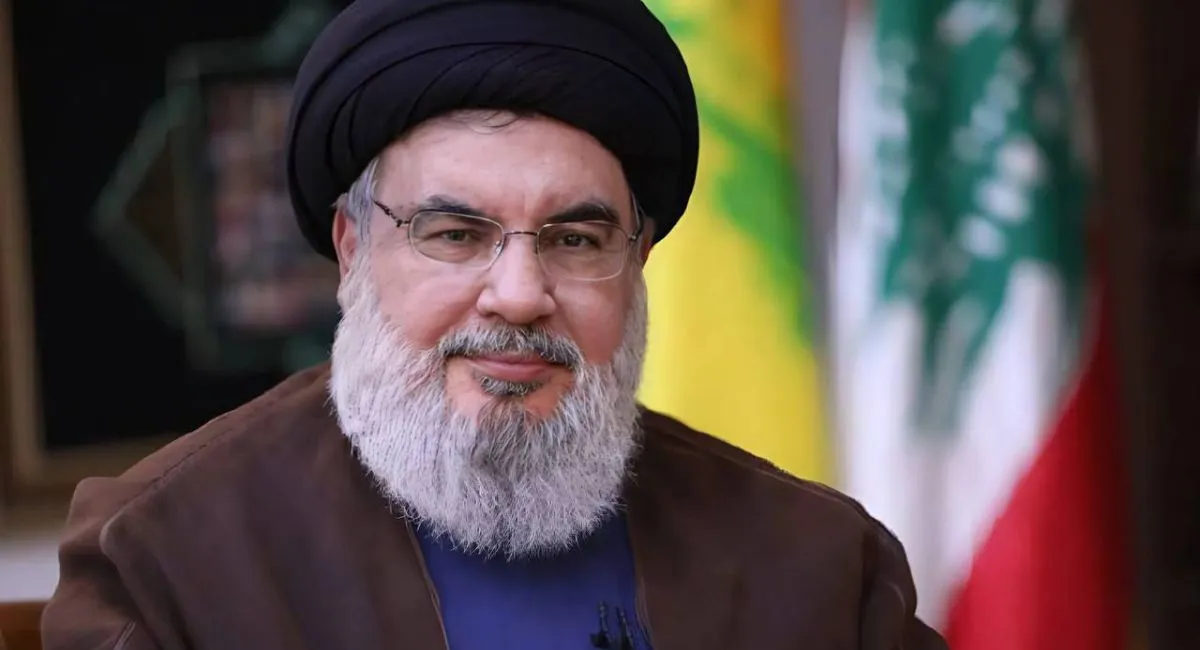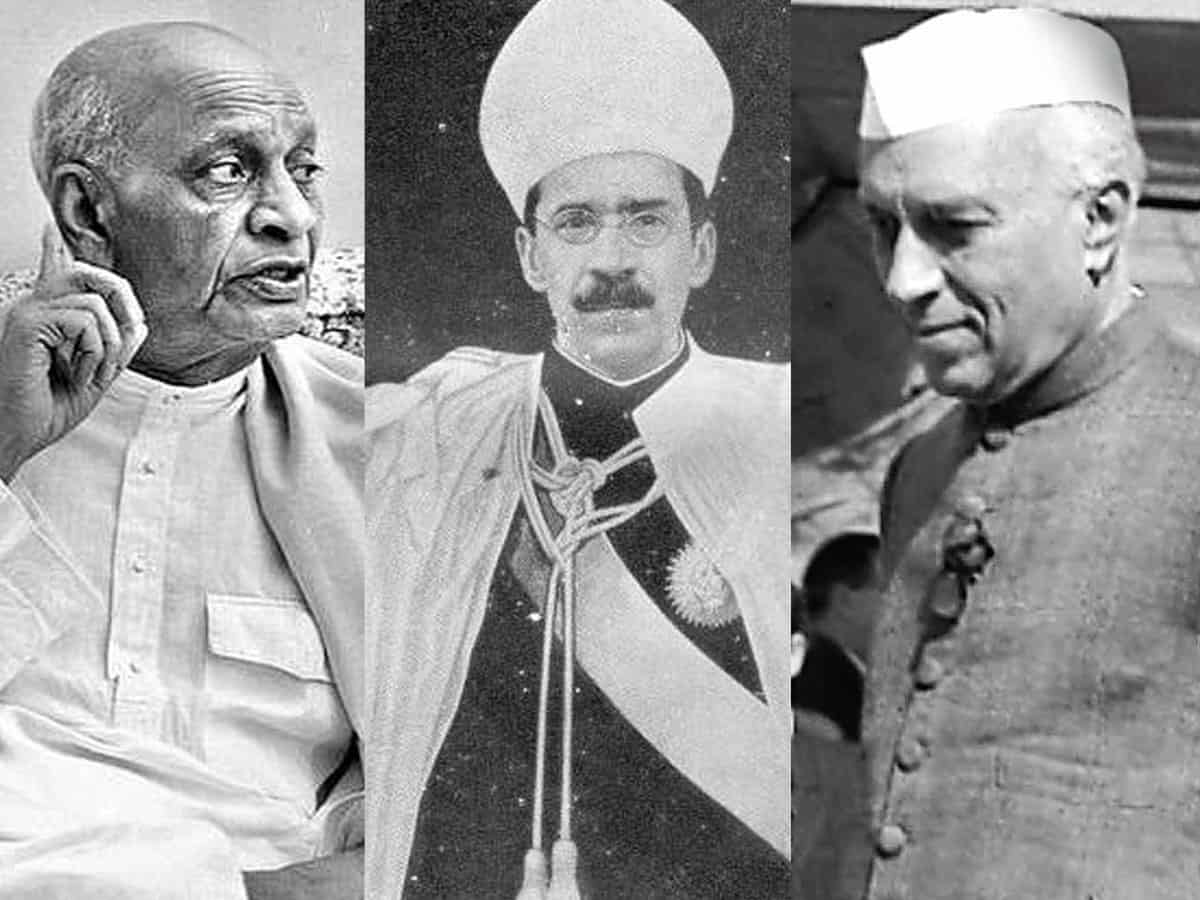
The Bloodiest Conflict
The ongoing conflict between Israel and Hezbollah, the Iran-backed militant group in Lebanon, continues to intensify, with the situation reaching new heights of violence and instability. On Sunday, Hezbollah announced that it was fighting off Israeli forces attempting to infiltrate the village of Ramiya in southern Lebanon. This marks another escalation in the conflict that has dragged on for more than a year, affecting not only the combatants but also U.N. peacekeepers stationed in the region.
Hezbollah and Israeli Forces Clash in Southern Lebanon
Hezbollah, a powerful militia and political group supported by Iran, has been in conflict with Israeli forces for decades. The latest clashes occurred in southern Lebanon, near the village of Ramiya, as Israeli forces allegedly attempted to enter the area. The Iran-backed group reported heavy fighting as they resisted Israeli advances.
The conflict, which began with Hezbollah launching rockets into northern Israel in support of Hamas during the Gaza war, has grown into a wider regional battle. Israel has escalated its military response in recent months, conducting strikes on Hezbollah positions in southern Lebanon, Beirut’s southern suburbs, and the Bekaa Valley, targeting the group’s infrastructure and leadership.
Impact on U.N. Peacekeepers and Global Response
As the fighting continues, the U.N. peacekeeping force in southern Lebanon, known as UNIFIL (United Nations Interim Force in Lebanon), has also been caught in the crossfire. The recent Israeli strikes in the region have caused significant concern for the safety of U.N. personnel. UNIFIL confirmed that a third peacekeeper was wounded in an Israeli strike on Friday, following the wounding of two others during attacks near their base in Naqoura.
The international community quickly condemned the attacks on U.N. peacekeepers. U.N. Secretary-General Antonio Guterres called the attacks a “serious development,” and urged all parties to ensure the safety of U.N. personnel and property. France, Italy, and Spain, which all contribute troops to UNIFIL, also criticized the strikes as “unjustifiable.” The United States, through President Joe Biden, asked Israel to avoid hitting U.N. forces, while Russia expressed outrage, calling for Israel to halt its “hostile actions” against peacekeepers.
Role of Hezbollah and Israel’s Military Strategy
According to the Israel Defense Force (IDF), Hezbollah launched nearly 320 projectiles from Lebanon into Israeli territory on Saturday alone, further intensifying the conflict. In response, the IDF declared several areas in northern Israel, close to the Lebanese border, as restricted zones and issued evacuation orders to residents in 23 southern Lebanese villages, urging them to move north of the Awali River. Israel claims that Hezbollah is using these villages to conceal weapons and launch attacks, though Hezbollah denies these accusations.
The IDF has also issued new evacuation orders for residents of two northern neighborhoods in Gaza City, declaring them “dangerous combat zones” as Israeli forces continue their offensive against Hamas in the Gaza Strip.
The Broader Middle East Conflict and Hezbollah Expanding Role
The conflict between Israel and Hezbollah is part of a broader regional confrontation involving multiple players. Hezbollah has escalated its attacks in recent weeks, launching rockets deeper into Israel, while Israel has responded with increased military operations, displacing over 1.2 million people in Lebanon and killing more than 2,100 individuals, according to Lebanese authorities.
The situation has worsened following Israel’s assassination of Hezbollah’s leader, Syed Hassan Nasrallah, in Iran’s capital, Tehran, triggering retaliatory missile strikes from Iran. The U.S. and Israel have been on high alert, awaiting potential further escalations. U.S. officials believe Israel may target military and energy infrastructure in response to Iran’s actions, though nuclear facilities or assassinations are not currently part of their strategy.
Diplomatic Efforts and International Reactions
As the violence escalates, diplomatic efforts to de-escalate the conflict have gained urgency. U.S. Defense Secretary Lloyd Austin expressed deep concern during a call with Israel’s Defense Minister Yoav Gallant, emphasizing the need to protect U.N. peacekeepers and urging a pivot from military actions to diplomatic solutions. The Pentagon reported that Austin stressed the importance of transitioning from military operations in Lebanon to a “diplomatic pathway” as soon as possible.
However, Israel has so far rejected calls from the U.S. and other allies to agree to a ceasefire, not only in Lebanon but also in Gaza. Israel insists that its military operations are necessary to defend its territory and civilians from ongoing threats posed by Hezbollah and Hamas.
Hezbollah’s Global Reach and Threat to Israel
The conflict has also seen the involvement of Hezbollah’s allies across the region. The Islamic Resistance in Iraq, a group linked to Hezbollah, claimed responsibility for attacking Israeli military positions in the Golan Heights using drones. In a statement, the group said it was acting in solidarity with the Palestinian people and Lebanon and vowed to continue its assaults on Israeli strongholds.
Meanwhile, a Syrian security source confirmed that the U.S.-led coalition in Syria had targeted Iran-linked sites near Deir el-Zor airport, signaling that the conflict is not limited to Israel and Lebanon but is spilling over into neighboring countries.
U.N. Peacekeepers Caught in the Crossfire
The situation for U.N. peacekeepers has grown increasingly perilous as Israeli strikes continue to hit areas close to U.N. positions. The U.N. peacekeeping mission reported that its position in the southern Lebanese town of Ramiya sustained significant damage due to nearby explosions, although it did not specify who was responsible for the attack.
UNIFIL’s main base in southern Lebanon has also been shaken by Israeli strikes, leading to increased concerns over the safety of the more than 10,000 peacekeepers stationed in the region. The peacekeepers, primarily from Italy, France, Malaysia, Indonesia, and India, are tasked with maintaining peace and stability along the Lebanese-Israeli border, but their mission has become increasingly dangerous as the conflict escalates.
Conclusion
The ongoing conflict between Hezbollah and Israel continues to escalate, threatening not only the stability of the region but also the safety of U.N. peacekeepers and civilians caught in the crossfire. Despite calls for a ceasefire and diplomatic solutions from the international community, both sides remain entrenched in their positions, with no signs of de-escalation in sight. The involvement of regional players like Iran and Syria adds further complexity to the situation, making it a volatile and unpredictable conflict that could have far-reaching consequences.








